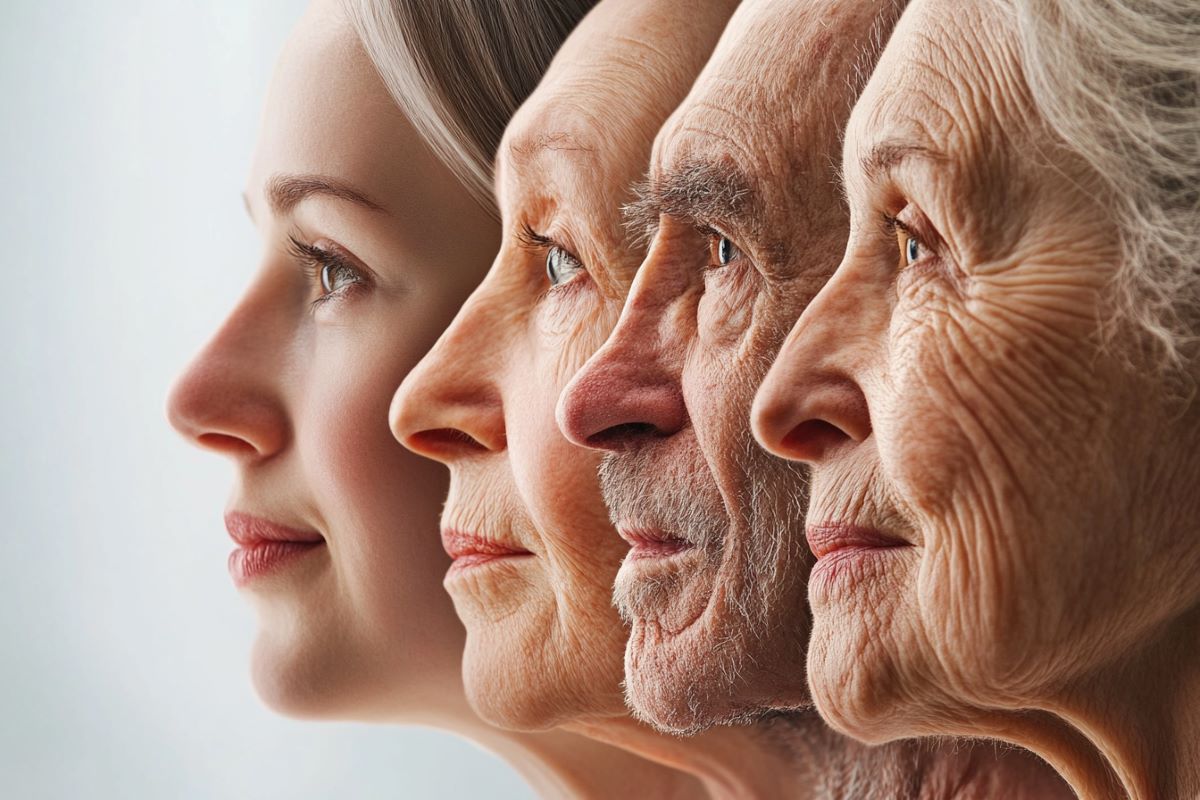Summary: A survey of experts in aging research reveals significant disagreements on fundamental questions, such as “What is aging?” and “When does it begin?” Responses ranged from seeing aging as a demographic increase in mortality to a lifelong process or even a developmental stage, with no consensus on whether aging is a disease.
Despite these differences, scientists generally agree that aging is a process and is inherently harmful. The findings highlight the need for the field to reflect on its foundational definitions to advance aging research effectively.
Key Facts:
- Experts disagree on whether aging begins at gametogenesis, adulthood, or earlier.
- There is no consensus on defining aging as a disease or a normal process.
- Scientists agree aging is a process and is inherently deleterious.
Source: Brigham and Women’s Hospital
Vadim N. Gladyshev and 80 colleagues surveyed the participants of the 2022 Systems Aging Gordon Research Conference to explore how researchers of aging perceive their subject of study.
The authors found wide disagreement on fundamental questions, including “what is aging?” and “what causes aging?”.
The collected responses indicated that some of the 103 professors, postdocs, graduate students, industry professionals, and other experts in the survey saw aging as a demographic increase in mortality rate, while other respondents saw aging as a loss of function over time, while still other respondents saw aging as the accumulation of damage or an overall pathological decline.

Some respondents saw aging as a normal developmental stage.
In terms of when aging begins, some respondents saw aging as a lifelong process that begins as early as gametogenesis—when the gametes that will form the individual are made—while others saw aging as a process specific to adults.
Some disagreements indicated a difference in perspective between those who see aging as something that happens to cells and those who see aging as a process that happens to organisms.
There was no consensus on whether aging is a disease or not and respondents did not even agree on the question of whether the field ought to have a single consensus definition of aging.
Yet behind the wide disagreement there were some implied points of agreement: aging exists; aging is a process; and aging is inherently deleterious.
According to the authors, the field could benefit from considering its foundations to better move forward.
About this aging research news
Author: Vadim N. Gladyshev
Source: Brigham and Women’s Hospital
Image: The image is credited to Neuroscience News
Original Research: Open access.
“Disagreement on foundational principles of biological aging” by Vadim N. Gladyshev et al. PNAS Nexus
Abstract
Disagreement on foundational principles of biological aging
To gain insight into how researchers of aging perceive the process they study, we conducted a survey among experts in the field. While highlighting some common features of aging, the survey exposed broad disagreement on the foundational issues.
What is aging? What causes it? When does it begin? What constitutes rejuvenation?
Not only was there no consensus on these and other core questions, but none of the questions received a majority opinion—even regarding the need for consensus itself.
Despite many researchers believing they understand aging, their understanding diverges considerably. Importantly, as different processes are labeled as “aging” by researchers, different experimental approaches are prioritized.
The survey shed light on the need to better define which aging processes this field should target and what its goals are. It also allowed us to categorize contemporary views on aging and rejuvenation, revealing critical, yet largely unanswered, questions that appear disconnected from the current research focus.
Finally, we discuss ways to address the disagreement, which we hope will ultimately aid progress in the field.







